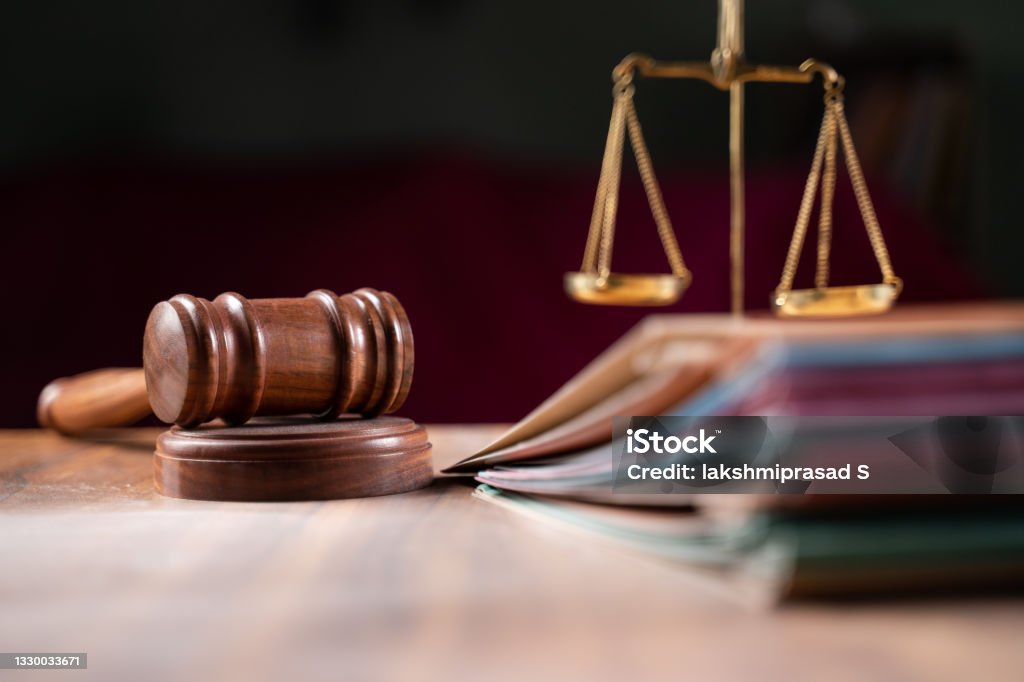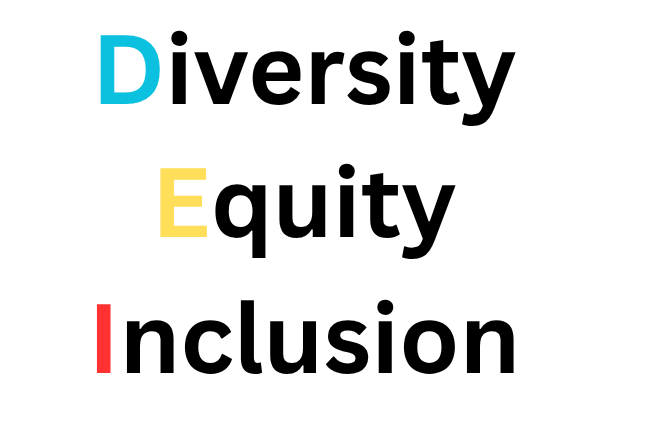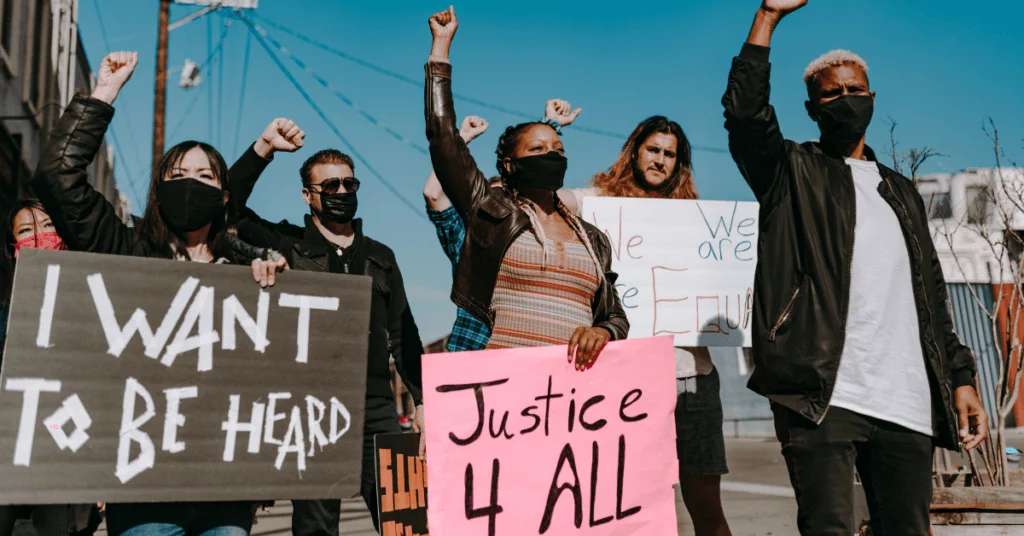The Supreme Court’s presidential immunity was a dangerous decision that put our nation’s democracy in jeopardy.
With the conclusion of such a monumental election, the immunity rights of the president is an important issue that isn’t being discussed. But what is immunity? It is complete protection from any punishment or legal action that would apply for the general public. In other words, being completely above the power of the law. Giving the president this protection is contradictory to the fundamental ideals our nation was built on. The Founding Fathers carefully procured a Constitution that divided power among three branches of government. Thousands lost their lives fighting against the rule of a king who used his unchecked authority to prevent Americans from having rights. The freedom our framers dreamed of is only possible because of Americans’ ability to simultaneously follow the democratic process and comply with the law, not put our leaders above it so they can create chaos and promote division.
On Jul 1, 2024, former President Donald Trump was indicted by a federal grand jury for actions he took following the 2020 election. He spread false election fraud claims meant to overturn the results of the election after losing to President Joe Biden. Trump moved to dismiss the indictment, a request that was denied by both the District Court and the D.C. Circuit Court. However, the supreme court concluded that, “At least with respect to the President’s core constitutional powers, this immunity must be absolute.”
This immunity decision is significant because it is the first time the supreme court has been required to so blatantly acknowledge whether the president should have complete protection from the law. Additionally, this case gives even former presidents protection from legal action during their term on anything that is considered on the president’s “core constitutional powers”, even after their time in office, as declared by Chief Justice John Roberts of the Supreme Court.
Now, with the election of Trump as President, the powers this case grants are more dangerous because of what he has done and will do with them. He brought this case to the courts when he fought against charges for actions of insurrection during and after the 2020 election and January 6th. Thanks to the president’s newly established immunity, he cannot face prosecution because his leadership role may be categorized as “official acts”, which excuse them from being tried in a court. Later in the still ongoing investigation of January 6th, certain actions may be considered “unofficial” and therefore able to be tried, but for now the case as a whole is being pushed to the back burner because of the former president’s immunity. Unfortunately, now that Trump is going to be president, any judicial scrutiny he might have faced will likely be delayed or overlooked.
The goal of the United States constitution is to create a country whose leaders support one another, where each branch is necessary for the other to do its job. The Trump v. The United States immunity decision acts as a stepping stone for our government to give other unique privileges that put the president above the law. A decision of this importance affects everyone, and should be brought into the political conversation. The freedoms and liberties we’ve prided ourselves on since the beginning are in danger because our president has a unique opportunity to abuse the power the nation trusts with our leaders. Before blindly supporting the decisions we think can’t be altered, Americans should learn to take a deeper look into the amount of power their president holds.













